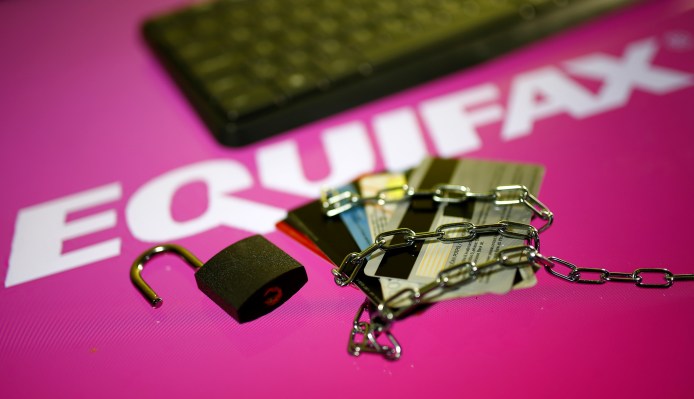Equifax’s handling of the massive data breach that affected 143 million people has been ineffective, Senator Brian Schatz wrote today in a letter to Equifax (embedded at bottom of post). He says what Equifax has offered customers, a one-year complimentary subscription to credit monitoring, is “inadequate for several reasons.”
One year of credit monitoring, Schatz wrote, is “insufficient given the scope and scale of this data breach,” noting that those affected will be at risk of identity theft for “years to come.” He also notes that credit monitoring isn’t the best solution because it doesn’t actually prevent identity theft. The solution that works best is implementing a credit security freeze, but Equifax is charging customers to do that. Schatz says “it is unacceptable.”
“If even a fraction of the impacted customers implement security freezes, Equifax stands to make hundreds of millions of dollars from its security failings,” Schatz wrote.
Schatz argues that Equifax should provide complimentary security freezes to its customers and either pay for, or reimburse those credit freezes with reporting agencies Experian and TransUnion.
Meanwhile, Schatz and fellow Senators Elizabeth Warren, Claire McCaskill, Bernie Sanders, Richard Blumenthal and Jeff Merkley are taking the Equifax hack and the drama that has ensued as a good opportunity to reintroduce some legislation around the accuracy of credit reports.
The bill, Stop Errors in Credit Use and Reporting (SECURE) Act, would aim to make it easier for people to know when they’re the victims of identity theft and fraud. The SECURE Act would also help people resolve errors in their credit reports.
“This is one of several important steps Congress can take in the wake of the Equifax cybersecurity breach,” Schatz said in a statement. “Because these credit agencies operate in the dark, they are allowed to be terribly unfair and unaccountable. Millions of Americans have bad credit because of mistakes from credit agencies, and it can ruin lives, stopping people from getting a job or owning a home or car. While I look forward to hearing Equifax management testify under oath before Congress very soon, this bill is another way we can protect consumers.”
Given that the Equifax breach exposed customer names, Social Security numbers, birth dates and other personal information, all of that could easily be used to steal many people’s identities. Stolen identities can lead to someone racking up debt in your name, which would make it difficult to apply for loans, mortgages and rentals.
“Credit reports regularly contain errors that can make it harder for families to access credit, find jobs, and get housing,” Warren said in a statement. “And as many consumers know all too well, it’s very difficult to get those errors corrected. The SECURE Act will cut down on the inaccuracies in credit reports and make it easier for consumers to correct any errors they discover.”
It would also give regulators more tools for enforcement and create a national registry of credit report agencies. That way, people would know which companies are collecting and distributing their information.

